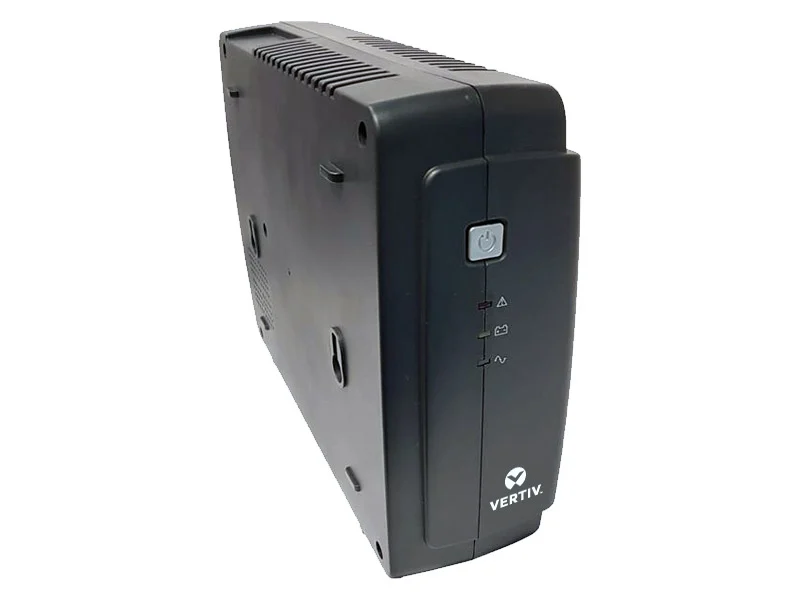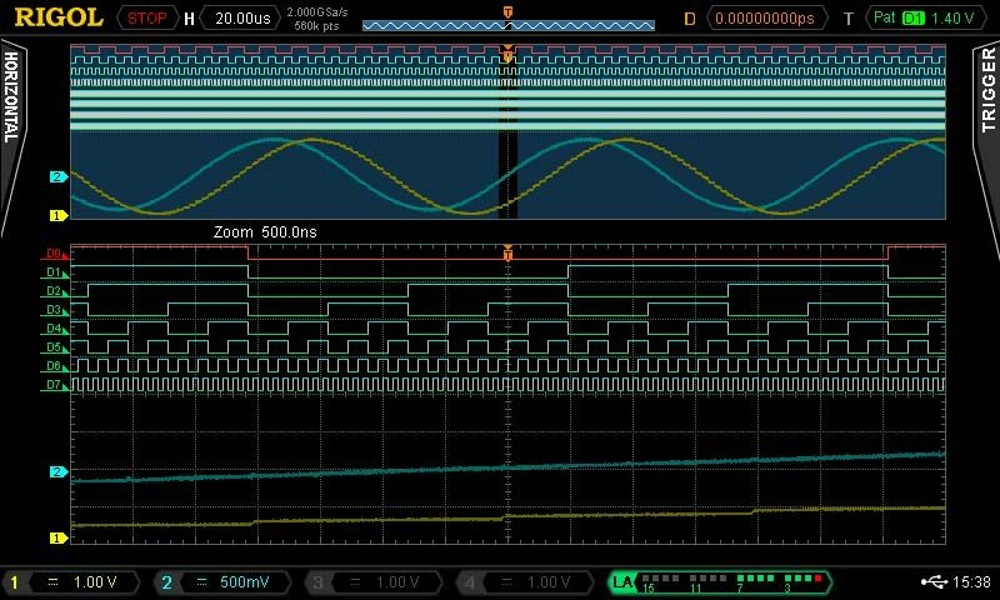PCR machines, also called thermal cyclers or DNA amplifiers, utilize complementary nucleic acid hybridization and replication concepts to amplify targeted DNA/RNA segments with primers. This cost-effective and efficient tool exponentially produces specific DNA/RNA sequences, multiplying them by a factor of 107 within a few hours, making it a crucial technology in molecular biology.
What is the function of a PCR machine?
A real-time PCR machine, commonly known as a PCR system, serves as a molecular photocopying device, creating millions of copies from a small DNA segment. Complete Laboratory Systems has a lot of experience in this field and can offer all kinds of laboratory test instruments including the PCR machine.
This test process is crucial since a single DNA piece is impractical for molecular and genetic analyses. PCR amplification produces millions of copies, facilitating applications such as:
- Investigating genetic diseases
- DNA fingerprinting
- Detecting bacteria or viruses.
Integral to biomedical research and criminal forensics, PCR plays a pivotal role in advancing our understanding of genetics and enhancing diagnostic capabilities.
Types of PCR Machines
A few of the common PCR types are:
-
Conventional PCR machine
Conventional Polymerase Chain Reaction (PCR) rapidly amplifies a target DNA sequence to millions within 2-3 hours. It employs a polymerase enzyme to replicate cellular genetic material, constructing specific DNA fragments.
Conventional PCR machine is widely applied in:
- Medical research
- Diagnostics
- Forensics
- DNA studies.
-
qPCR
qPCR is quantitative PCR and it can integrate target DNA sequence amplification with simultaneous quantification in a single machine. Utilizing fluorescence-detecting thermocyclers, qPCR finds applications in the following areas:
- Genotyping
- Pathogen quantification
- MicroRNA analysis
- Cancer detection
- Microbial load testing
- Detection of genetically modified organisms (GMOs).
-
Reverse Transcription
Reverse Transcription PCR (RT-PCR) amplifies target RNA by incorporating reverse transcriptase (RT) enzyme before PCR. Applied in gene insertion, research methodologies, genetic disease diagnosis, and cancer detection, it enables RNA target amplification and detection.
-
Nested
Nested PCR, a modification of PCR, enhances sensitivity and specificity by preventing non-specific binding. The first set of primers amplifies a larger fragment outside the target DNA, while a second set binds specifically at the target site in successive reactions.
Valuable in phylogenetic studies and pathogen detection, Nested PCR’s heightened sensitivity allows amplification even from samples with lower DNA content.
-
Hot Start
Hot start PCR is an advanced version of conventional polymerase chain reaction designed to minimize undesired products and primer-dimer formation. It achieves this by keeping reaction elements separate until reaching the denaturation temperature.
This method enhances product yields, demands less effort than conventional PCR, and lowers the risk of contamination.
-
Digital (dPCR)
Digital PCR devices (dPCR) stand out as the most accurate tools, offering absolute counts of target DNA with heightened sensitivity, precision, and reproducibility.
Represented by types like ddPCR and qdPCR, these cutting-edge machines, though costly, lead in detection technology. Leasing provides a more affordable option for access to these advanced processing capabilities.
The cost of a PCR machine varies widely based on requirements. Basic models start at around $5,000, whereas advanced RT-PCR or qPCR systems can range from $15,000 to over $90,000. The price variation reflects the features, capabilities, and precision levels demanded by different applications in research, diagnostics, and molecular biology.








